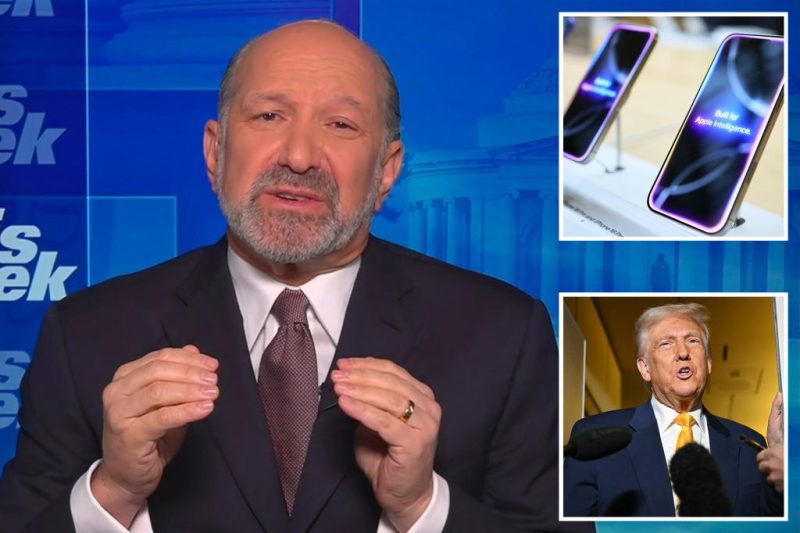
The temporary reprieve for iPhones and other Chinese-made electronics from President Trump’s tariffs may be shorter than expected. Commerce Secretary Howard Lutnick recently hinted that the exemption could soon expire, leaving consumers and businesses facing the possibility of significantly higher prices.
This development throws a wrench into the plans of many tech companies relying on Chinese manufacturing. The previous exemption provided a much-needed buffer, but the uncertainty surrounding its future is causing considerable anxiety. Businesses are struggling to predict their costs and plan for the long term, making strategic decision-making incredibly difficult.
The potential re-implementation of tariffs could have a ripple effect across the entire electronics market. Higher prices on consumer electronics could impact consumer spending and overall economic growth. Furthermore, it could also intensify the ongoing trade war between the US and China, potentially leading to further retaliatory measures.
While the exact timeline remains unclear, the latest statement from Secretary Lutnick serves as a stark reminder of the volatile nature of the trade landscape. Companies are now left scrambling to assess their options, which may include exploring alternative manufacturing locations or absorbing increased costs. The situation underscores the need for greater clarity and predictability in trade policy to foster stability and growth.
Consumers should brace themselves for the possibility of more expensive electronics in the near future. The uncertainty surrounding the tariffs means that prices could fluctuate significantly, affecting everything from smartphones and laptops to other consumer electronics. It’s a situation that will undoubtedly keep both businesses and consumers on edge.










